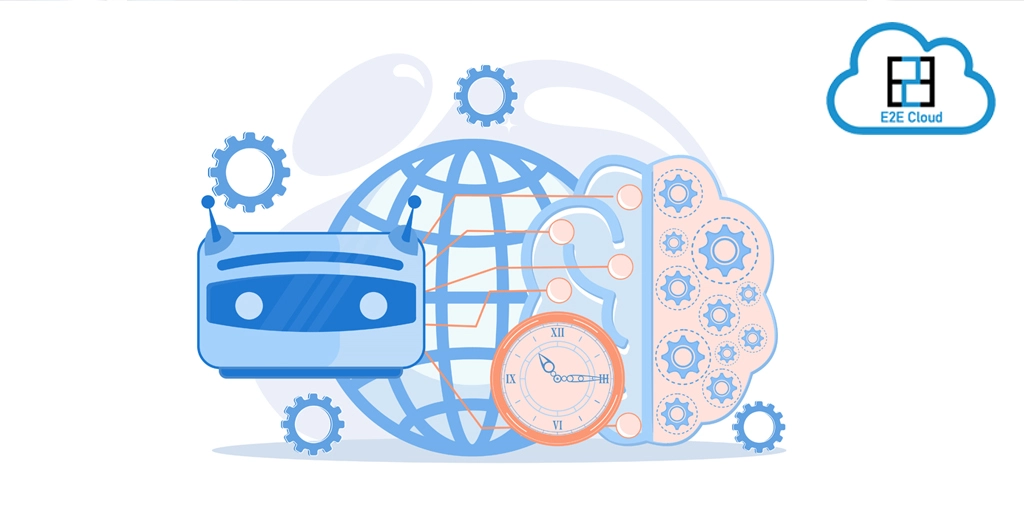Choosing the right cloud services is not as easy as it seems. The number of options available in the market makes it more confusing. However, a professionally mature cloud infrastructure that has the potential to take your business to the next level.
Every cloud provider has its own user interface, which provides almost similar functionality.
As per my study, various factors should be considered before going for one:
- The sensitivity of the data which let you understand which cloud provider fits best to your needs.
- The size and scalability of the cloud infrastructure. If the business requires bulk servers on a regular basis, then a cloud provider who can meet these requirements should be selected.
- The budget constraint is an important parameter to be taken care of. The local cloud providers are most cost-friendly than global leaders.
- The type of cloud as per the workloads. Each cloud provider has a different type of cloud such as public, private or hybrid.
- Public cloud can be used for workloads which require scalability.
- Private cloud can be used for critical applications which would need high configuration servers and also can be customised as per the need.
- Hybrid cloud includes the features of both Pubic cloud and Private cloud. This can be used for both sensitive and non-sensitive data where some of the applications can be deployed on public cloud and others can be deployed on private cloud.
- The cloud provider should also be secure with respect to vulnerability and attacks.
- The support team should be available 24/7 and should be experienced enough to help the customers.
- In the cloud business, uptime is the utmost priority. If the application cannot afford a single minute downtime then choosing a cloud provider with a high uptime guarantee would be beneficial.
- CDP backups with frequent recovery points should be available on the cloud platform.
Once you have selected the cloud provider, you can consider using the following steps to improve cloud infrastructure.
1. Use the right configuration of the server as per your workloads.
2. Understand which control panel is the right fit for you.
3. Use redundant setup to make your infra more secure.
4. Always prefer SSD disk storage over HDD.
5. Check your data centre certifications – From which Tier data centre you are taking services?
To conclude, a cloud provider which can match all the technical and business needs should be considered using.
To know more about our CPU intensive Cloud servers, kindly check : Click here










